Ride the Wave: Emotion Regulation is Your Secret Weapon
We often focus on hard skills – coding, accounting, public speaking – as the cornerstones of success. But what about the less tangible, yet equally crucial, skillset of emotion regulation? It's the ability to understand, manage, and respond constructively to your emotions, and it's a game-changer for long-term success.
Think about it. Life throws curveballs. Deadlines loom, relationships strain, and unexpected setbacks occur. Without the ability to navigate these emotional storms, we risk burnout, poor decision-making, and strained relationships – all of which can derail our progress.
Why Emotion Regulation Matters:
Improved Decision-Making: When overwhelmed by emotions, our judgment becomes clouded. Emotion regulation allows us to step back, process our feelings, and make rational, informed choices.
Stronger Relationships: Effective communication relies on emotional intelligence. Regulating our emotions allows us to respond calmly and empathetically, fostering healthier and more productive relationships, both personal and professional.
Enhanced Resilience: Life isn't always smooth sailing. Emotion regulation builds resilience, enabling us to bounce back from adversity, learn from our experiences, and keep moving forward.
Reduced Stress and Burnout: Chronic stress and burnout stem from the inability to manage emotional overload. By developing healthy coping mechanisms and understanding what leads us to feeling depleted, we can protect our mental and physical well-being.
Increased Productivity and Focus: Emotional turbulence can be a major distraction. Regulation allows us to maintain focus and productivity, even when faced with challenging situations.
Developing Your Emotion Regulation Skills:
Mindfulness: Practicing mindfulness helps us become more aware of our emotions in the present moment, without judgment.
Cognitive Reframing: Learning to challenge negative thought patterns and reframe situations in a more reality based light.
Stress Management Techniques: Incorporating stress-reducing activities like exercise, meditation, or spending time in nature.
Seeking Support: Talking to a therapist or counselor can provide valuable tools and strategies for managing emotions.
Practicing healthy communication: Learning to clearly and calmly express your feelings.
Emotion regulation isn't about suppressing emotions; it's about understanding and managing them effectively. It's about learning to ride the emotional waves, rather than being swept away by them. In a world that's constantly changing and demanding, mastering this crucial skill can pave the way for lasting success and fulfillment.
Ready to add Emotion Regulation skills to your arsenal? Click here for more information.
